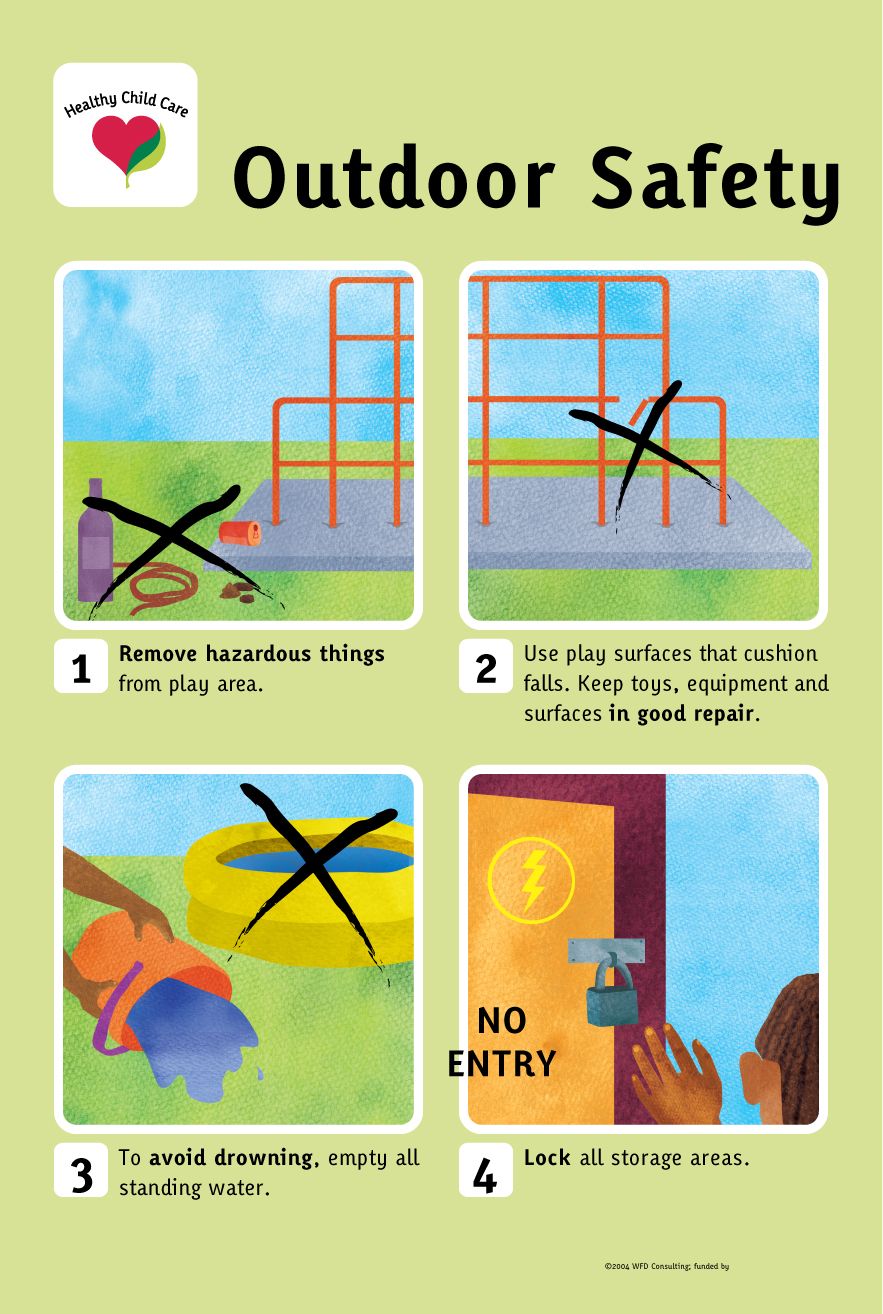Exploring the great outdoors is an exhilarating experience that offers fresh air, natural beauty, and the thrill of the unknown. However, with the adventure comes the responsibility to stay safe. Proper preparation and awareness are key to ensuring a positive experience in nature. This article provides essential tips for maintaining safety while enjoying the wilderness, whether you’re hiking, camping, or engaging in any outdoor activities.
Preparation is Paramount
Before venturing into the outdoors, thorough preparation can make the difference between a memorable adventure and a regrettable ordeal.
Know Before You Go
Research your destination beforehand. Understand the terrain, weather patterns, and potential hazards. Check trail conditions, park alerts, and local wildlife activity. This information will help you plan your route, pack appropriately, and stay alert to changes in your environment.
Gear Up for Safety
Invest in quality gear suited for the environment you’ll be exploring. Essential items include a sturdy pair of boots, weather-appropriate clothing, a reliable navigation tool, first aid kit, and adequate food and water supplies. Always carry the “Ten Essentials” – a collection of items that can assist in navigation, provide shelter, light, and fire, offer first aid, and more.

Stay Connected
Staying connected while in nature is about maintaining orientation and ensuring the ability to communicate in case of an emergency.
Carry a detailed map of the area and a compass, and know how to use them. GPS devices and smartphone apps can be helpful, but don’t rely solely on technology, as batteries can die and signal coverage can be spotty in remote areas.
Communication Methods
Inform someone of your travel plans, including where you’re going and when you expect to return. Carry a charged cell phone and consider investing in a satellite messenger or personal locator beacon for areas where cell service is unreliable. These devices can send distress signals and your location to rescue teams if needed.
Understand and Mitigate Risks
Awareness of potential risks and knowing how to mitigate them is a crucial aspect of outdoor safety.
Wildlife Encounters
Educate yourself on the wildlife you might encounter and how to respond if you come across animals. Keep your distance, store food securely, and know the recommended practices for avoiding negative encounters with animals such as bears, snakes, and insects.
Environmental Hazards
Be familiar with risks such as unstable terrain, swift river crossings, or hazardous weather conditions. Learn the signs of and how to deal with altitude sickness, hypothermia, heat exhaustion, and dehydration. Adapt your plans to the conditions and always prioritize safety over sticking to a planned itinerary.
Stay Alert and Maintain Physical Well-being
Physical well-being is about more than just avoiding injury; it’s about being proactive in maintaining your health and energy levels while outdoors.
Listen to Your Body
Pay attention to your body’s signals. Rest when tired, eat when hungry, and stay hydrated. Pacing yourself is important to prevent exhaustion and maintain a clear head for decision-making.
First Aid Knowledge
Learn basic first aid and carry a well-stocked first aid kit. Knowing how to treat minor injuries, such as cuts, blisters, and sprains, can prevent them from becoming serious issues. Consider taking a wilderness first aid course to be better prepared for potential emergencies.
Safe and Sound Adventures
By following these essential tips, you’re setting yourself up for a safe and enjoyable outdoor experience. Preparation, staying connected, understanding risks, and maintaining physical well-being are the cornerstones of outdoor safety. Equip yourself with the knowledge and tools needed to navigate nature with confidence. Remember, the goal is to explore the beauty of the wilderness while ensuring you and your companions return home with great stories and memories, not injuries or rescue tales. So plan carefully, stay vigilant, and enjoy the wonders of nature with peace of mind.

